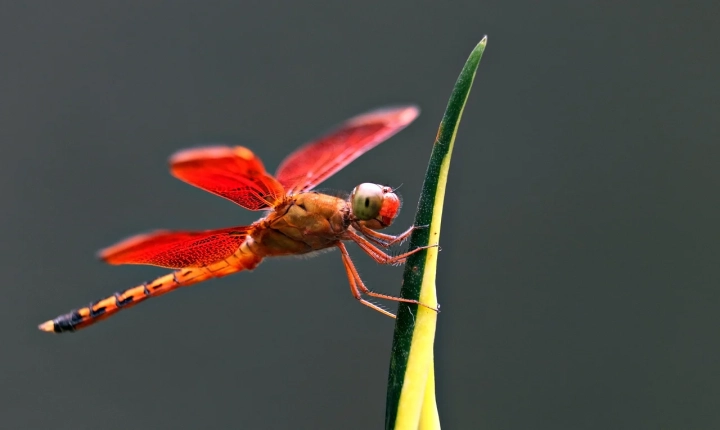Artificial intelligence (AI) has been making profound impacts across a wide variety of industries, and one field that is experiencing significant transformation is synthetic biology. Synthetic biology involves the design and construction of new biological entities or systems that do not exist in the natural world. AI is playing a crucial role in accelerating the pace of research and development in this field, leading to major breakthroughs and innovations.
AI is revolutionizing the field of synthetic biology in several key ways. One of the most significant contributions of AI is in the design of genetic circuits and metabolic pathways. These are complex biological networks that can be engineered to perform specific functions, such as producing valuable chemicals or drugs. AI algorithms are capable of analyzing massive amounts of biological data and identifying patterns that humans may not be able to discern. This allows scientists to optimize the design of genetic circuits for greater efficiency and reliability, ultimately leading to more effective bioengineering solutions.
Moreover, AI is enhancing the process of genetic reprogramming. Through machine learning algorithms, researchers can decipher the intricate relationships between genes and their functions. This knowledge can then be utilized to reprogram cells to perform new tasks, such as the production of biofuels or the synthesis of pharmaceuticals. By harnessing AI, scientists are able to predict how genetic modifications will impact cellular behavior, enabling more precise and targeted engineering of biological systems.
Furthermore, AI is driving advancements in the field of directed evolution. This process involves the continuous improvement of biological systems through iterative cycles of mutation and selection. AI algorithms can aid in the analysis of vast amounts of genetic data to identify mutations that lead to desired traits or functions. This accelerates the pace of evolutionary engineering, allowing for the creation of organisms with enhanced capabilities for industrial or medical applications.
The integration of AI and synthetic biology is also leading to the development of innovative biotechnologies. For instance, AI-powered platforms are being used to automate the design, construction, and testing of genetic constructs, significantly expediting the prototyping and optimization of biological systems. Additionally, AI is enabling the discovery of novel biological compounds, such as enzymes and natural products, by swiftly sifting through massive datasets to identify promising candidates for further study.
The impact of AI on synthetic biology is not confined to the laboratory. AI-driven computational models are being employed to simulate and predict the behavior of biological systems, offering valuable insights into complex biological processes. These predictive models enable researchers to forecast the outcomes of genetic modifications and optimize the performance of engineered organisms before conducting costly and time-consuming experiments.
In summary, the convergence of AI and synthetic biology is reshaping the landscape of biotechnology. The synergy between advanced computational algorithms and biological engineering is driving the development of novel and sustainable solutions for a wide range of challenges, including healthcare, renewable energy, and environmental sustainability. As AI continues to evolve, it is poised to further revolutionize the field of synthetic biology, paving the way for unprecedented advancements in biotechnology and the creation of innovative biological products and processes.
